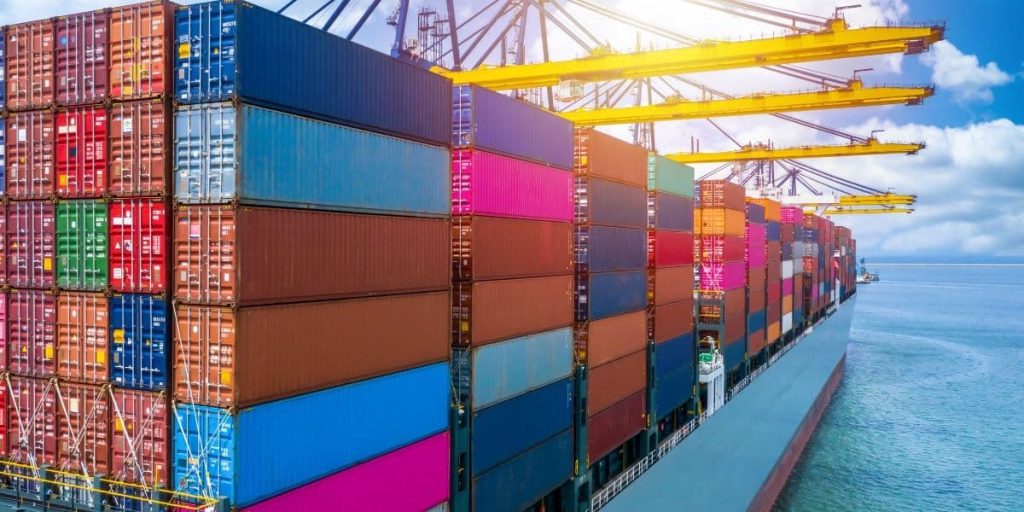The capacity to track shipping containers in real time is very essential in today’s global economy. Software for shipping containers offers comprehensive insight on the position, condition, and movement of containers across international ports and transit routes. Supply chain management and logistics teams can react swiftly to interruptions, reroute shipments as necessary, and give clients precise delivery predictions thanks to this openness. By providing consistent updates and traceability, real-time tracking not only boosts operational efficiency but also fosters stakeholder trust.
Intelligent Scheduling Avoids Delays and Bottlenecks
Intelligent scheduling is one of shipping container software’s most useful capabilities. When organizing hundreds or thousands of containers across multiple locations and carriers, manual planning is particularly prone to errors and inefficiencies. Data-driven algorithms are used by automated scheduling systems in container software to optimize loading, unloading, and transportation schedules. To minimize delays and optimize container use, these systems take into account weather, carrier schedules, port availability, and other logistics factors. Companies save time and money on expensive detention or demurrage fees as a result.
Automation Increases Accuracy and Lowers Human Error
Mislabelling containers or rerouting cargo are examples of human error in shipping operations that can result in costly delays and lost commodities. By automating these processes, shipping container software lowers these risks. Through digitizing processes like customs compliance, documentation, and container booking, the program guarantees accuracy and uniformity across the supply chain. Integrated systems have the ability to update inventory, create shipping labels automatically, and sound an alarm when irregularities are found. This simplified method improves data integrity and frees teams from tedious work to concentrate on more important strategic choices.
Improved Cooperation All Along the World Supply Chain
Better coordination and communication between different stakeholders, such as shipping lines, freight forwarders, customs authorities, and warehouse owners, are made possible by shipping container software. Each participant can access pertinent data, exchange updates, and address problems instantly thanks to centralized systems. This cooperative setting facilitates the dismantling of organizational silos and guarantees that all parties are in agreement regarding shipment status and subsequent actions.
Using Scalable Technology to Ensure Global Operations Are Future-Proof
Shipping container software offers scalable and future-ready complexity management as international trade evolves. Recent platforms use AI, machine learning, and predictive analytics to estimate demand, identify dangers, and recommend optimizations. This flexibility ensures supply chains’ resilience to environmental, geopolitical, and market changes. Modern container software can boost efficiency and prepare companies for long-term success in a digitized logistics market.
Conclusion
One essential component of contemporary supply chain management is shipping container software. With features like automated scheduling, real-time tracking, and sophisticated analytics, it enables businesses to run more efficiently and intelligently while minimizing interruptions. This technology’s function will only increase as supply networks become more intricate and integrated.











